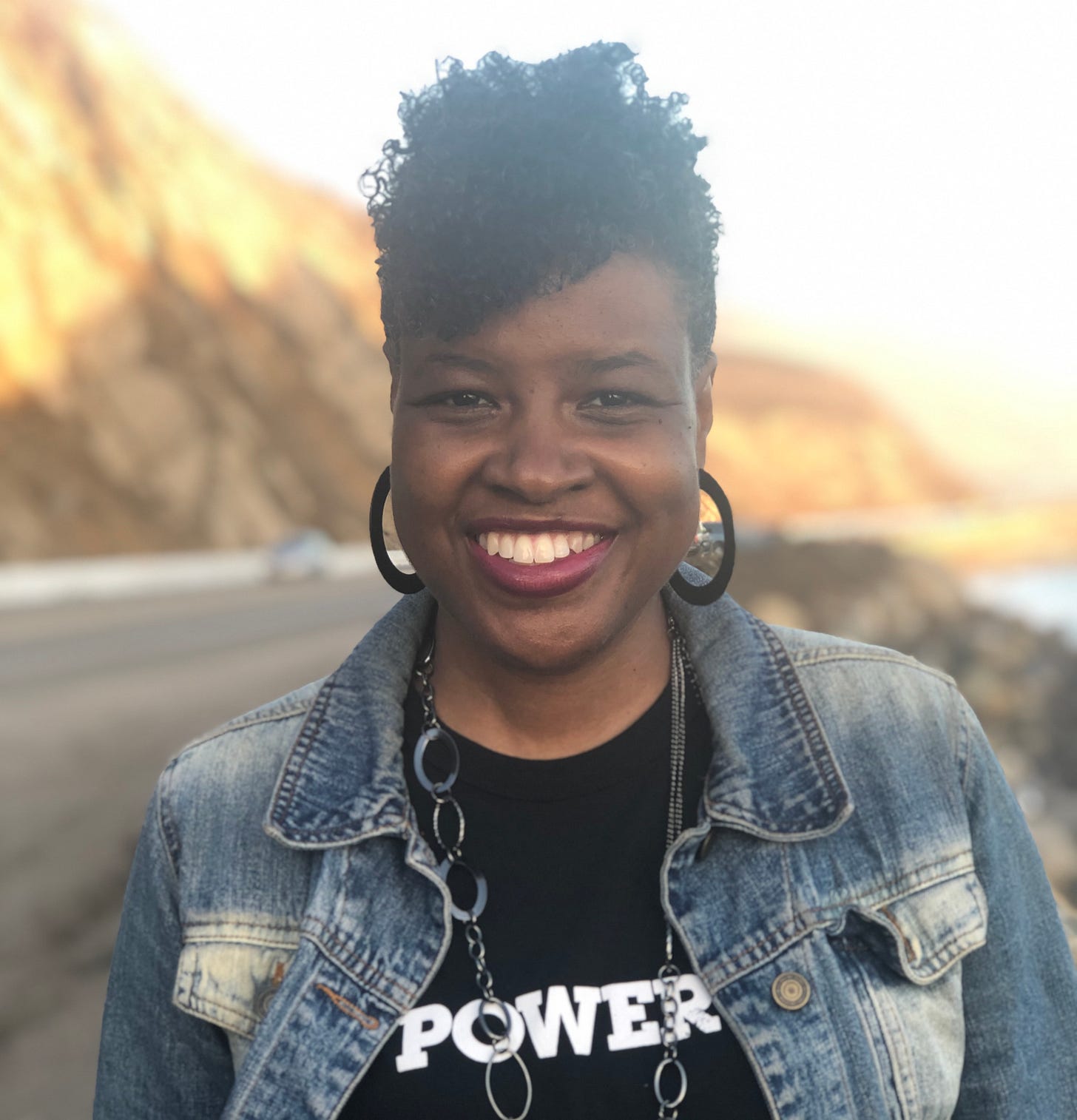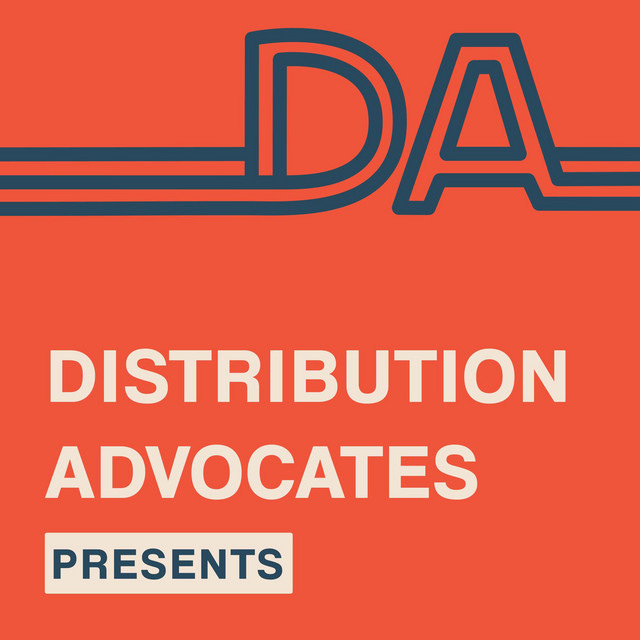
Avril Speaks is an award-winning Producer, Director and Showrunner based in Los Angeles. She has produced several award-winning films including Jinn, Dotty & Soul, and the South African film African America, which was nominated for an NAACP Image Award, four African Movie Academy Awards and streamed on Netflix. Most recently, Avril was the Showrunner for the docu-series Uprooted: The Untold Keith Warren Story, which is available on Max and was an Executive Producer for Files of the Unexplained, coming soon to Netflix. Avril was a 2020 Sundance Momentum Fellow, a 2022 recipient of the Dear Producer Award. She is also a co-founding member of Distribution Advocates and a board member for the Black TV and Film Collective.
Follow Avril’s work on Instagram @azuspeak and check out their website.
Before we get into the podcast, can you share with us what motivates you as a filmmaker?
Some important themes for me are race, gender and spirituality. Most of my projects have some element of one or both in them. What motivates me is telling stories that reflect the truth of the human experience in order to bring people together and spark change.
Why did you help found Distribution Advocates? Was there a particular barrier that you faced in getting your films sold?
A group of producers got together to discuss the challenges we had been facing with distribution–including lack of inclusion, dwindling opportunities for exhibition and recoupment, lack of education for first-time filmmakers on how to navigate distribution. We started these conversations in the midst of COVID, when people within the industry were rethinking systems and wondering how we could do things better. We believed we had an opportunity to reimagine what distribution could look like in the future and formed this collective to do research and create steps to filling in some of the gaps in education.
So Distribution Advocates Presents, the podcast you’ve created, “demystifies the world of independent film distribution with honest insider stories.” What do you hope to accomplish with your show, and why was a podcast the best format to reach your goal?
One of the first things DA did when we formed was we created a Cheat Sheet for filmmakers to reference if they were entering distribution for the first time. We started doing teach-ins for various organizations and presenting information that way. A year or so after doing the teach-ins, we realized that although they were helpful, they were becoming monotonous and didn’t necessarily help move the needle in terms of the larger conversation we were trying to have with the whole film community. We figured a podcast would be a great way to educate but also to publicly acknowledge the issues and discuss ways we as an industry could imagine new models for success.
The primary audience of your podcast is filmmakers, but what is your pitch to those of us who are outside the industry? What might we learn by paying attention to what is happening with film distribution, and how can we help?
What is happening in distribution is the same thing that is happening in many industries in our country and in the world. Conglomerates are taking over and consolidating everyday, which reduces the accessibility of distribution access. We currently have a lot of channels (so many channels!) but most of them are owned by the same handful of companies. When this happens, there are less opportunities for diverse voices that might fit outside the mainstream, less opportunities for audiences to see some great films. Consumers can help by seeking out alternative distribution platforms and supporting the work of independent voices.
Both your organization and podcast are about creating more equitable distribution systems. Do you have any concerns about the recent attacks on DEI related, or perceived to be DEI, initiatives and how that might affect the film industry?
Yes, this is related to the previous question. Many of the DEI initiatives that were implemented during the pandemic have been stripped away, which means there is less commitment to telling inclusive stories. Also, many of the DEI initiatives were performative in the first place but losing them shows the true intentions of conglomerates when it comes to showcasing diverse stories.
Director Ava DuVernay chose to finance her feature film Origin in an interesting way. While going through film studios will likely continue to be the primary vehicle to get films made for a while, what do you make of the philanthropy funded approach DuVernay employed? Do you think it’s a scalable model or rather, what do you think could make the model scalable?
I applaud this model and I know other filmmakers have also gone this route. I absolutely think it is scalable, but I also would love the industry to get to a place where we don’t have to rely on philanthropy, but could employ other avenues for making films and also find new definitions for success.
Since Sounds Like Impact newsletter is social impact focused, could you recommend one social issue documentary and one non-documentary that you think approaches a social issue in an interesting way?
Documentary - Daughters
Non-documentary - Origin 😁
Is there any other work that you would like to share with us?
Uprooted (Hear Avril speak about the film here).




